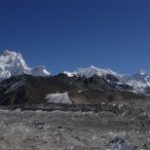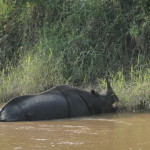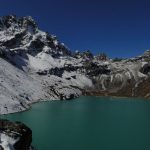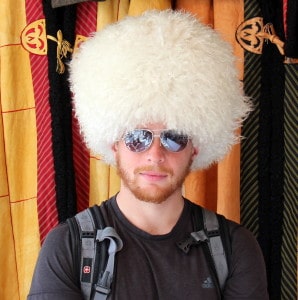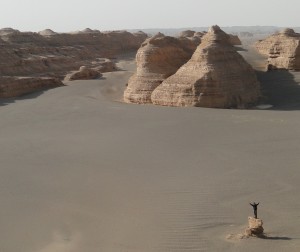
While Dunhuang is surrounded by beautiful natural and historical sights, many of them are quite far away from anything that I’d be comfortable calling a town or, at times, a road. So, I let myself be talked into taking a minivan tour to most of these sights on the second day I was in town. Aside from visiting Ya Dan, the Jade Gate Great Wall, and a reconstructed Fortress; I also met a Canadian named Daniel who will figure into tomorrow’s post.
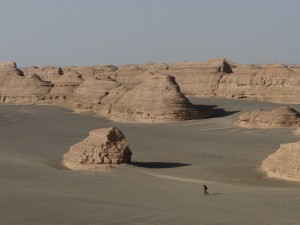
Ya Dan was easily my favorite of these sights, and I kind of wish that I’d been traveling independently so that I could’ve had time to explore this mysterious empty wasteland full of intriguing things to photograph and climb.
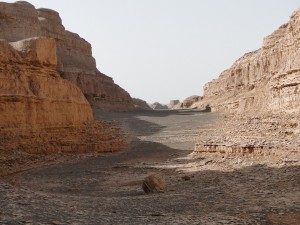
The Great Wall near Dunhuang was similar to many of the unrestored parts throughout the rest of Gansu province: historically interesting but not incredibly visually impressive.
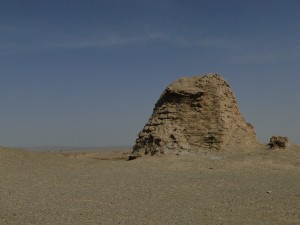
Jade Gate Pass, though, is especially important historically as the point where the Silk Road entered Chinese-controlled territory after crossing the Taklimakan Desert.
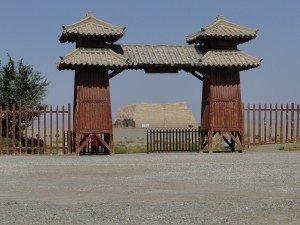
Finally, just a few kilometers outside of Dunhuang, the Dunhuang Fortress. Rebuilt on historical plans and now used as a sight for filming movies and TV, the gorgeous background of giant sand dunes is what really drew me in.
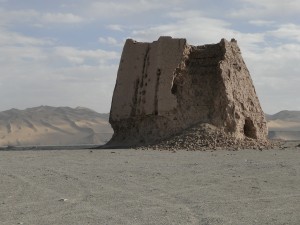
I didn’t actually make it into the fortress because it was closing by the time I got there, but the outside and the desert around it were quite nice.
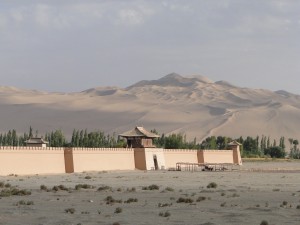
And speaking of deserts that are quite nice… more tomorrow.

